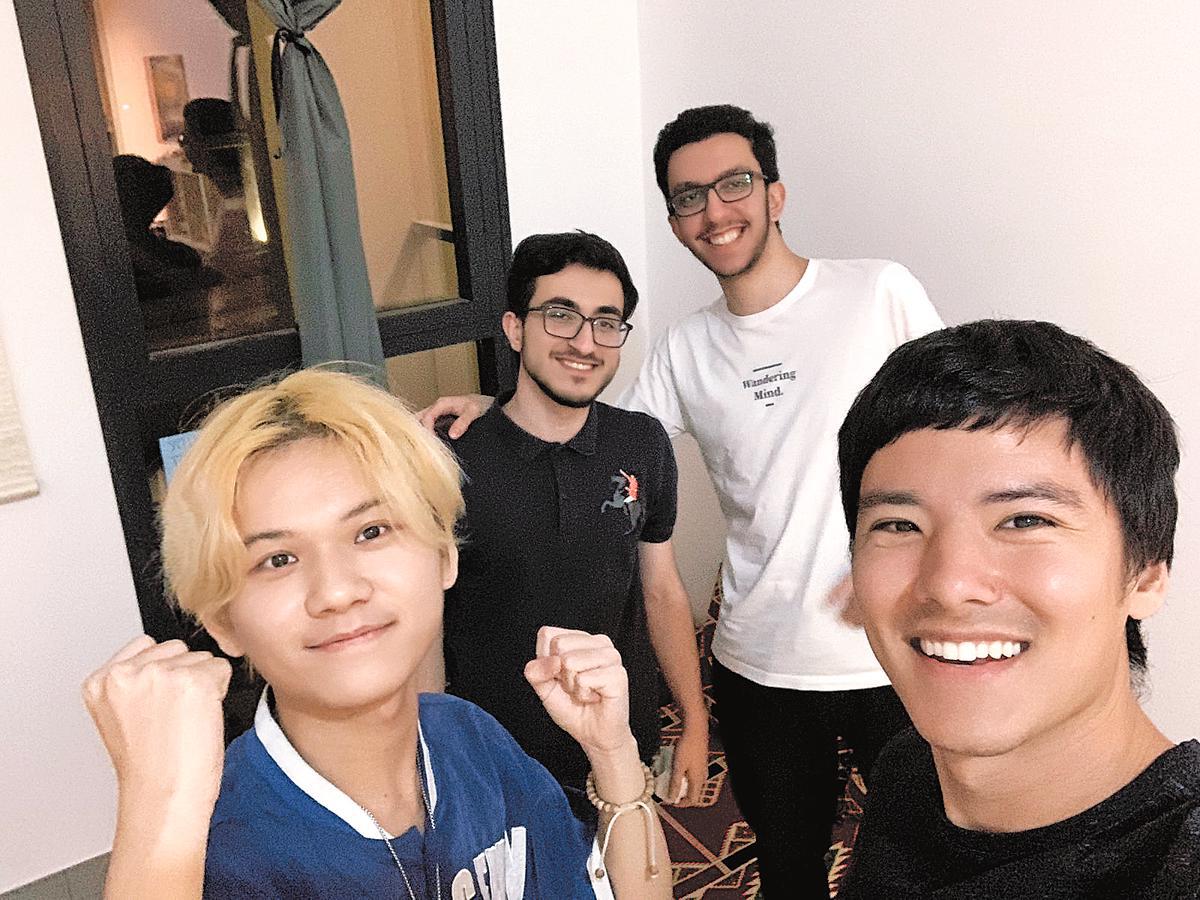Middle East rises in popularity as overseas study destination
Business, cultural connections, jobs and BRI attract Chinese to region's universities


Adapting, flexibility
After the summer break, Luo Hao, 22, returned to the University of Sharjah in the UAE, where he studies international relations.
Luo learned about studying in the Middle East through an international program at Changsha Railway No 1 High School, which prepares students with the IELTS English program, basic Arabic and general courses.
"This program suits students who might not excel in the gaokao. My arts subjects were fine, but my science subjects were weak, so I chose this program," he said.
In 2022, Luo enrolled at the university after receiving a 50 percent tuition scholarship.
"At first, it was hard to manage everything alone — paying fees, registering for courses and getting an ID and a SIM card," he recalled. "The courses are all in English, so it was challenging, but I adapted."
Luo praised the university's teaching style. "Courses encourage participation and expressing opinions, not just grades. Instructors come from all over the world and often share their experiences," he said.
Adapting to the UAE's heat was another challenge.
"I had never left my hometown before. Going abroad lets you truly experience the world," he said.
Over time, he adjusted to the study and living conditions, and his parents became reassured by seeing him thrive.
Luo mostly cooks for himself, with Chinese supermarkets nearby offering affordable food items. With one year left in his studies, he hopes to work locally for two years. "Graduates I know earn around 16,000 yuan ($2,250) per month in administrative jobs. The job market is decent," he said.
He has noticed more Chinese students arriving each year. His major is niche, with only two to three Chinese students, while popular fields like business and engineering attract more students. "About 30 exchange students from China come every year," he said.
Campus life is vibrant, with Chinese students sharing their culture through clubs and activities like calligraphy and riddle games. "Students here are very interested in Chinese culture, and our booths always draw crowds," Luo said.
























